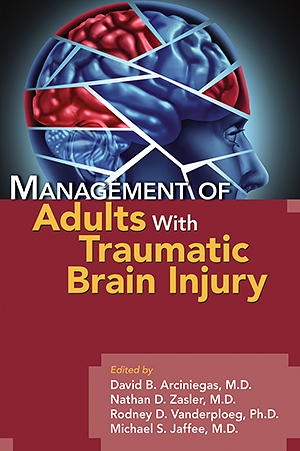Chapter 15.Sleep and Fatigue
Sections
Excerpt
Sleep problems and fatigue are common after traumatic brain injury (TBI). The etiology of these disturbances is multifactorial. Sleep disturbance and fatigue after TBI can be a result of the trauma itself or can be secondary to medical problems, pain, neuropsychiatric disturbances, and/or side effects of medications. Because sleep disturbance is common in the general population, the clinician needs to differentiate between premorbid sleep problems and those that are temporally related to TBI.
Access content
To read the fulltext, please use one of the options below to sign in or purchase access.- Personal login
- Institutional Login
- Sign in via OpenAthens
- Register for access
-
Please login/register if you wish to pair your device and check access availability.
Not a subscriber?
PsychiatryOnline subscription options offer access to the DSM-5 library, books, journals, CME, and patient resources. This all-in-one virtual library provides psychiatrists and mental health professionals with key resources for diagnosis, treatment, research, and professional development.
Need more help? PsychiatryOnline Customer Service may be reached by emailing [email protected] or by calling 800-368-5777 (in the U.S.) or 703-907-7322 (outside the U.S.).



